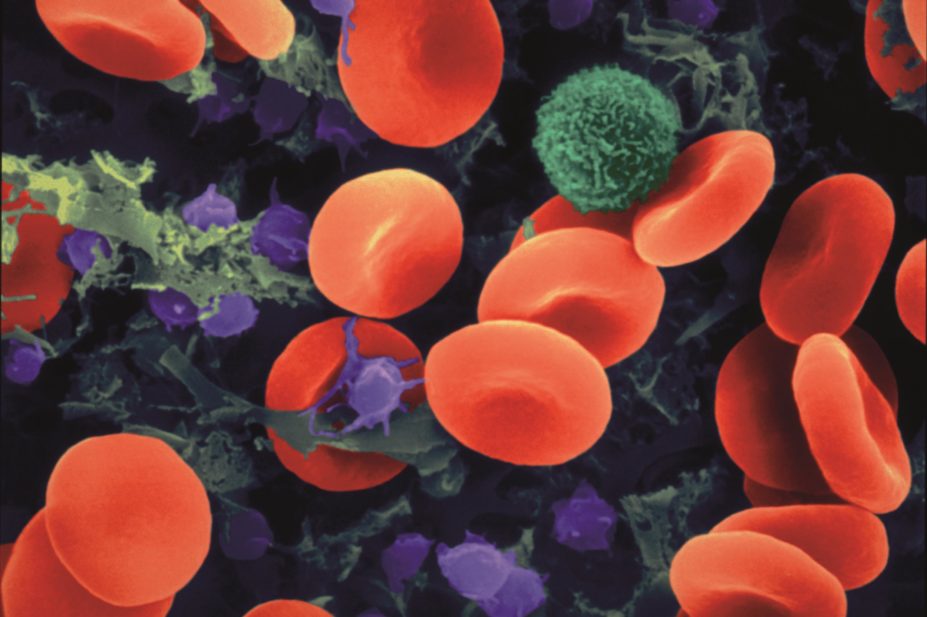
PHOTOTAKE Inc. / Alamy
Aspirin reduces platelet activation and may be beneficial in diseases involving the pulmonary vasculature. This hypothesis has gained new support from an analysis of the Multi-Ethnic Study of Atherosclerosis (MESA) Lung Study[1]
, which included 4,471 people aged 45–84 years.
When participants were stratified according to baseline aspirin use, those who used aspirin regularly had significantly slower progression of emphysema over ten years of follow-up compared with aspirin non-users. This held true after adjusting for multiple confounders and in propensity-score analyses. Similar reductions in emphysema progression were seen in ever-smokers while the greatest reductions were observed in individuals with airflow obstruction.
“Regular aspirin use may slow the progression of subclinical emphysema, perhaps through effects on platelet activation or inflammation,” says Carrie Aaron, one of the study’s authors, from the Columbia University Medical Center in New York.


